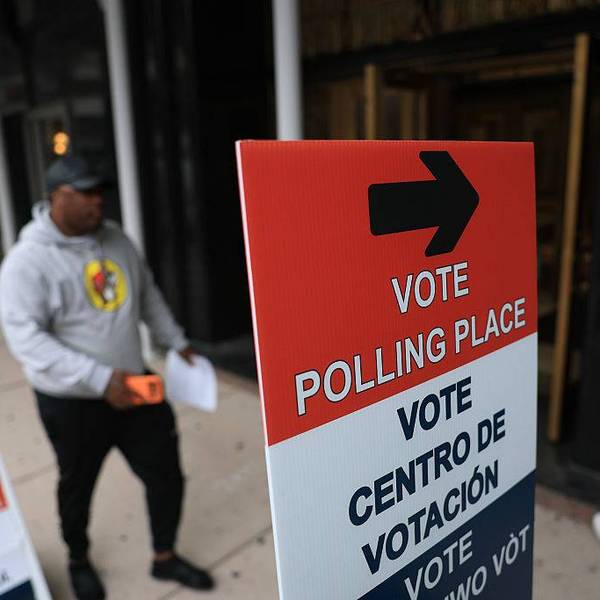Is the Democratic Party becoming a mirror image of Donald Trump's Republican Party? Galloping leftist "extremism" -- helped along by the populist rhetoric of Bernie Sanders and Alexandria Ocasio-Cortez -- has centrists and conservatives fainting like myotonic goats at a fireworks show, from Dana Milbank at The Washington Post to former George W. Bush speechwriter Peter Wehner at The Atlantic.
However, Wehner's alarmist article inadvertently demonstrates the problem with this kind of panic-mongering -- a lack of real consideration whether Sanders might be right about anything, or whether his politics fit at all with America's previous traditions. In reality, the growing Sanders tendency in the party mostly reflects it coming to its senses.
"To more fully grasp the leftward lurch of the Democratic Party," writes Wehner, his glasses steaming up in outrage, he runs through a list of Sanders-style policies. He asserts they would be "fiscally ruinous, invest massive and unwarranted trust in central planners, and weaken America's security."
The cost of a Green New Deal would be large, but so would letting half of south Florida drown.
First up is the Green New Deal. After describing it at least somewhat fairly as an effort to de-carbonize the economy as fast as possible while making it more egalitarian, he writes: "It would be astronomically costly and constitute by far the greatest centralization of power in American history." That's the sum total of his argument against it.
As usual for self-style moderates, Wehner does not even attempt to grapple with the threat posed by climate change, nor consider how much might be worth paying to stop it. The cost of a Green New Deal would be large, but so would letting half of south Florida drown. Freaking out about cost when facing clockwork costly climate disasters is an elementary failure of reasoning.
Read the full article here.




